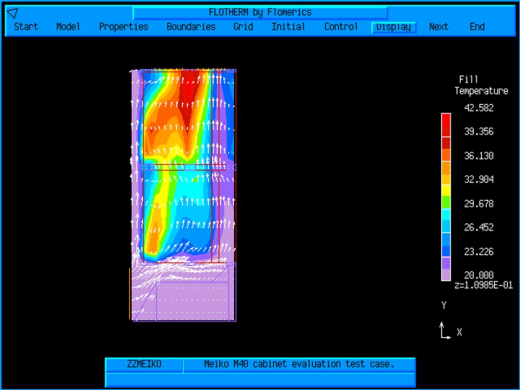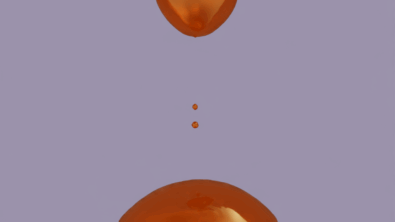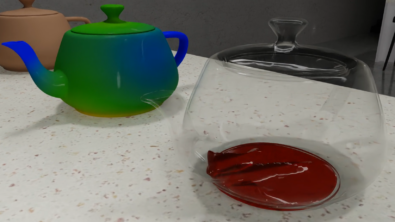More Than Two Decades and Still Going Strong; FloTHERM and FloVENT V9.3 Now Released
In 1989 Flomerics was the first organisation to provide application specific CFD based simulation software where all pre and post-processing capabilities were contained within a single WIMP based graphical user interface. That pioneering period involved missionary sales to add simulation to the arsenal of the design engineer, enabling virtual prototyping to be used as a precursor to physical build and test. The result was then, and continues to be now, a step change in the effectiveness of the design process. Virtual prototyping through the use of simulation minimises the risk of first physical prototype failure, reducing project completion times and budgets. 23 years later, and with the release of V9.3 of FloTHERM and FloVENT, we’re still going strong.

‘Good science for engineers’ is a motto that we’ve both followed and been guided by for all those years. The CFD technology on which FloTHERM and FloVENT are based is solid and robust, a pre-requisite for the automation required to enable the design engineer to utilise such simulation capabilities easily and effectively.
V1.1 Beta was released in August 1989. The V1 platform lasted until 1998 when V2 was released based on a new multi application window gui paradigm and unique MCAD interfacing technology. Milestones since then have seen parametric and design of experiment analysis added in V3 (2001), localized grid in V4 (2003) and direct EDA interfacing in V8 (2008). Those are just some key milestones, an annual release cycle has been maintained throughout with a wealth of capabilities (both functional and non-functional) added in each version.
Since the highly (and to some people surprisingly) successful acquisition and integration of Flomerics by Mentor Graphics in 2008 we have continued to demonstrate our commitment to both FloTHERM and FloVENT userbases with successive releases from the ‘Mechanical Analysis Division’ within Mentor. The IDEAS site was launched in 2008 to allow users of our software to post software enhancement requests as well as vote on other people’s feature requests. This gives us in product development the clearest overview and appreciation of what the most pressing requirements are that will satisfy the majority of our users. Since V9 we have been driven by that site, the vast majority of features we implement in each release are now taken directly from that site, the majority of which are from the top 10 voted requests. In addition to this, with the V9.3 release, we are also endeavouring to resolve all customer reported defects logged since the last release. Although no software is ever perfect, we strive to at least ensure that software defects encountered by our users are not encountered for long.
For the V9.3 release, as is symptomatic of such long serving and matured software, the majority of features are usability based. Making FloTHERM and FloVENT better at what they do today. Having said that though we’re not standing still with new capabilities. A direct interface to HyperLynx PI (power integrity) enables the import of power delivery nets, including their DC drop Joule heating power dissipation distribution, for insertion into 3D PCB representations in FloTHERM. A direct interface to APD allows for detailed BGA substrate designs to be converted into efficient thermal model representations in FloTHERM. Novel smoke visualisation post processing capabilities in FloVENT enhance the compact fire modelling and smoke visibility distance capabilities when simulating fire scenarios.
Our XML strategy, whereby geometry data can be automatically created outside of the FloTHERM/FloVENT gui, has also been enhanced. Full models can now be parametrically specified, solved and reported in a spreadsheet front-end, including the ability to reference existing pdml data to be pulled into the model. A massive improvement in the speed of the overall simulation process can therefore be achieved for repetitive tasks that would otherwise have to be manually performed within the software itself. Various spreadsheet examples and XML writing sub-routines can be found in the /examples/XML installation directory.
A full list of all the exciting new V9.3 features can be found in the new functionality documents available on SupportNet!
Work has already started on V10 as part of a roadmap plan that will ensure FloTHERM and FloVENT continue to be market leaders in their fields for many years to come.
17th April 2012, Hampton Court


